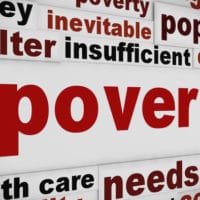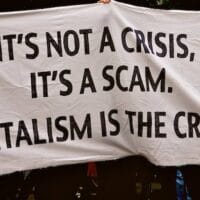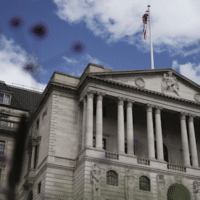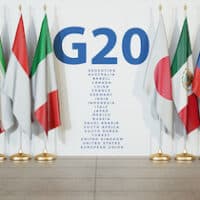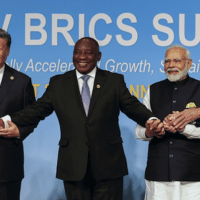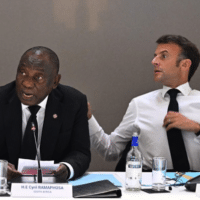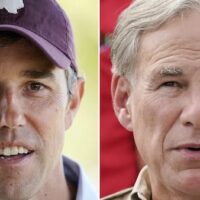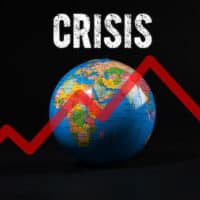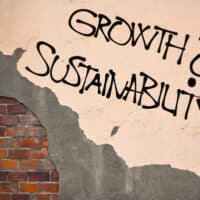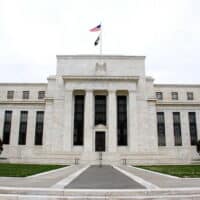-
US Imperialism in Crisis: Opportunities and Challenges to a Global Community with a Shared Future
1. Introduction The predominance of US economic, political and military power in the world was established at the end of the Second World War.1 With just 6.3 percent of global population, the United States held about 50 percent of the world wealth in 1948. As the only power which had used nuclear weapons on civilian […]
-
Amiya K Bagchi: ‘A political economist, economic historian who stands tall in South Asia’
Rich tributes flow in for the ‘towering’ Marxist ideologue who passed away in Kolkata on November 28 at the age of 88.
-
Measuring global poverty
To track progress towards its goal of eradicating extreme poverty by 2030, the UN relies on World Bank estimates of the share of the world population that fall below the so-called International Poverty Line (IPL).
-
The stagnation of the world economy
The fact that the world economy has slowed down since the financial crisis of 2008 is beyond dispute.
-
IIPPE 2024: Imperialism, China and BRICS+
The countries of the BRICS+ were just as capitalist and imperialist as the imperialist bloc of the Global North, argued Ngawani.
-
Inequalities and concentration of wealth in USA have wide implications
A study by the Urban Institute (UI) in 2018, before the pandemic struck, found that nearly 40 per cent of non-elderly adults and their families struggled to afford at least one basic need for health care, housing, utilities or food in 2017.
-
Wealth of five richest men doubles since 2020 as five billion people made poorer in “decade of division,” says Oxfam
The world’s five richest men have more than doubled their fortunes from $405 billion to $869 billion since 2020–at a rate of $14 million per hour– while nearly five billion people have been made poorer, reveals a new Oxfam report on inequality and global corporate power.
-
Stuttering economy betrays ever-present crisis in capitalism
WHEN an economy shrinks, as did the British economy last month, it triggers an alarm bell to all those who live not by their labour but by ours.
-
The silences of the Delhi declaration
THE G-20 meeting in Delhi was occurring in the midst of an acute economic crisis of the world economy.
-
BRICS expansion is positive–but not a coherent challenge to U.S. power
AS SIGNIFICANT as the fact of BRICS expansion are which countries are now set to join: Iran, Saudi Arabia, Egypt, the United Arab Emirates, Ethiopia and Argentina.
-
The BRICS have changed the balance of forces, but they will not by themselves change the World: The Thirty Third Newsletter (2023)
Despite the limitations of the BRICS project, it is clear that the increase in South-South trade and the development of Southern institutions (for development financing, for instance) challenges the neo-colonial system even if it does not immediately transcend it.
-
Macron’s invitation to attend South Africa’s BRICS Summit not granted
South Africa’s media agencies report that the country’s authorities have rejected a French request to send an invitation to President Emmanuel Macron to attend the upcoming summit of the BRICS economic group.
-
Is the Planet a factory?
The 2019 Global Climate Strike—in which more than 6 million people from 150 countries partook—is a misnomer.
-
The lawsuit that could freeze speech against billionaires
A gas mogul’s case against Beto O’Rourke could deter candidates from ever talking about money in politics.
-
How not to deal with a debt crisis
Jayati Ghosh warns against historically disastrous approaches to the sovereign-debt crisis hitting low- and middle-income countries.
-
The perils of Pious Neoliberalism in the Austerity State: The Fifty-First Newsletter (2022)
The International Labour Organisation’s Global Wage Report 2022–23 tracks the horrendous collapse of real wages for billions of people around the planet.
-
Beating around the bush: polycrisis, overlapping emergencies, and capitalism
It is in vogue nowadays to describe the multifaceted and intertwined crises of capitalism without referring to capitalism itself. Obscure jargon of ‘overlapping emergencies’ and ‘polycrisis’ are brought up to describe the complexity of the situation, and they serve, with or without intention, to conceal the culprit, namely the totality of capitalist relations.
-
Herman Daly: An economist for eco-social activists
A new book explains how an economist, in challenging the orthodoxy, has helped activists change the world.
-
Stop worshiping central banks
Preoccupied with enhancing their own ‘credibility’ and reputations, central banks (CBs) are again driving the world economy into recession, financial turmoil and debt crises.
-
The OPEC’s decision to cut oil output
WHAT is called OPEC+, that is the 13 members of the Organisation of Petroleum Exporting Countries (OPEC) together with 11 other petroleum exporting countries led by Russia, decided on October 5 to cut their oil production by 2 million barrels per day, starting from November. The U.S. had been pressing OPEC not to take this decision.

![A late 1940s Soviet poster showing a US military service member lounging on top of a German factory, smoking a cigar. The text beneath reads DER DOLLARIMPERIALISMUS [dollar imperialism].](https://mronline.org/wp-content/uploads/2025/04/Confuse_and_Control_Department_of_State_Publication_4107_1951_-_Soviet_propaganda_line_-_Dollar_imperialism_the_enemy_of_the_German_people-e1744342177232-200x200.png)

